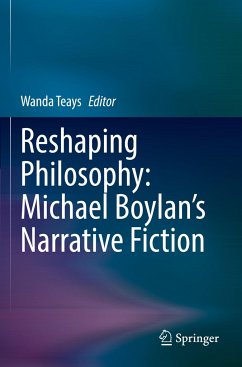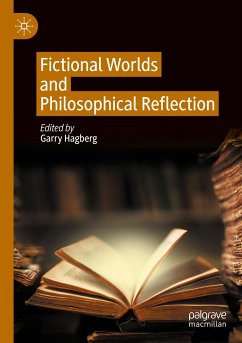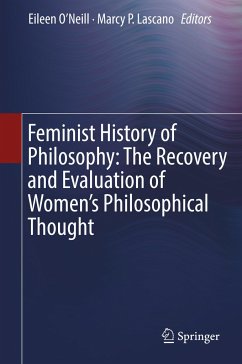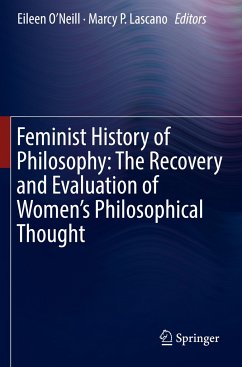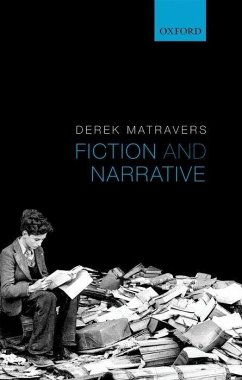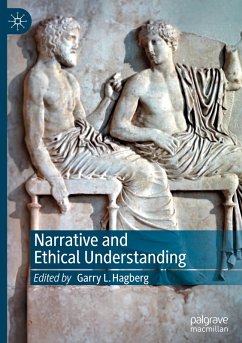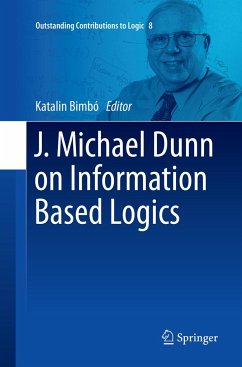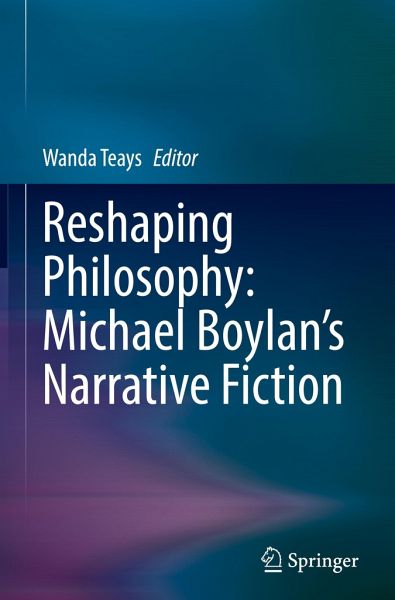
Reshaping Philosophy: Michael Boylan's Narrative Fiction

PAYBACK Punkte
0 °P sammeln!
This volume offers original essays exploring what 'fictive narrative philosophy' might mean in the research and teaching of philosophy. The first part of the book presents theoretical essays that examine Boylan's recent books: Teaching Ethics with Three Philosophical Novels and Fictive Narrative Philosophy: How Literature can Act as Philosophy. The second and third part offer essays on how Boylan executes his theory in the practice within his novels from his two series De Anima and Arch . The book clearly shows the unique aspects of the fictive narrative philosophy approach. First, it makes st...
This volume offers original essays exploring what 'fictive narrative philosophy' might mean in the research and teaching of philosophy. The first part of the book presents theoretical essays that examine Boylan's recent books: Teaching Ethics with Three Philosophical Novels and Fictive Narrative Philosophy: How Literature can Act as Philosophy. The second and third part offer essays on how Boylan executes his theory in the practice within his novels from his two series De Anima and Arch . The book clearly shows the unique aspects of the fictive narrative philosophy approach. First, it makes story-telling accessible to wide audiences. Second, story-telling techniques invoke devices that can set out complicated existential problems to the reader that offer an additional approach to thorny problems through the presentation of lived experience. Third, the discussion of these devices is a way to explore philosophical problems in a way that many can profit from. The book concludes with an essay in which Boylan responds to the critical challenges set out in Part One and the practical criticism set out in Parts Two and Three. Boylan addresses the key claims made by his objectors and defends his position. He engages with the authors in the way his theory is matched against his actual novels. This is useful reading for both philosophers and professors of literature teaching introductory as well as upper-level courses in the fields of philosophy, literature and criticism.



